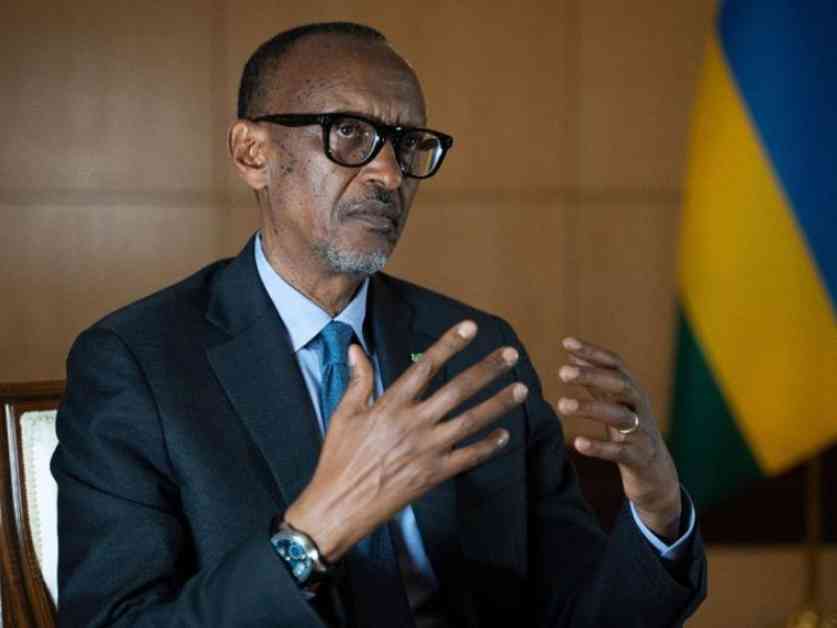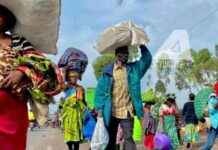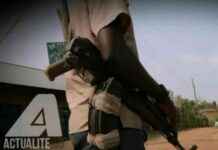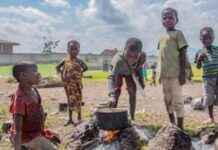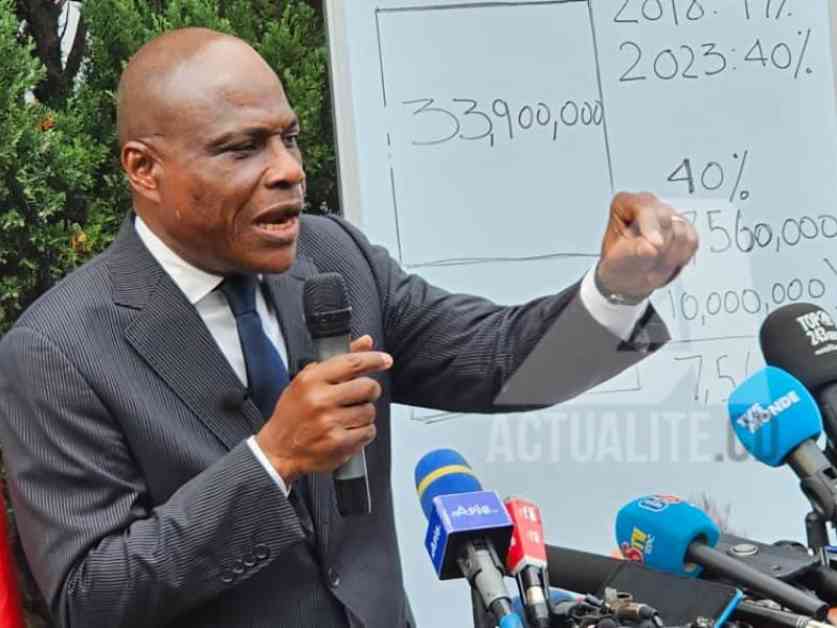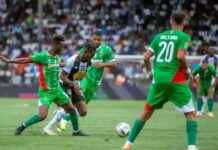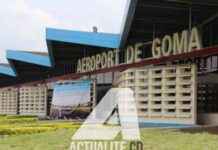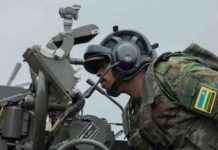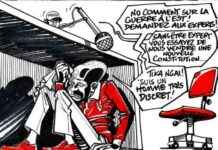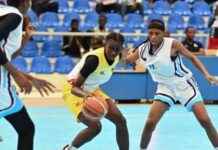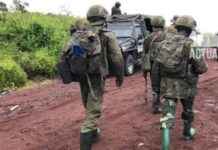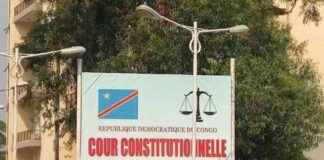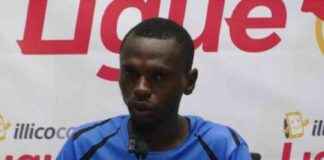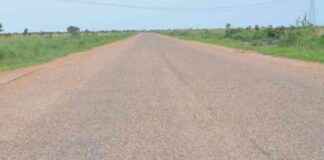During the extraordinary session of the UN Human Rights Council held on Friday, February 7, the Democratic Republic of Congo (DRC) advanced its diplomatic narrative regarding the security crisis in its eastern region orchestrated by Kigali, with its RDF troops and active support for rebel groups like the M23. Through Patrick Muyaya, Minister of Communication and Media and spokesperson for the Congolese government, the DRC called on the Council to hold Rwanda accountable for war crimes and crimes against humanity.
“We urge this Council to hold Rwanda accountable for its war crimes and crimes against humanity, including the forced depopulation of populations, their replacement by others, as well as the appointment of new administrative authorities with the aim of permanently occupying these territories. It is urgent to exert international pressure for Rwanda to immediately cease its support to these armed groups and withdraw immediately from Congolese territory,” said Patrick Muyaya.
Kinshasa believes that by actively supporting armed groups, Rwanda bears direct responsibility for these violations, exposing civilians to unimaginable suffering. According to UN figures, the offensive leading to the occupation of Goma resulted in the death of at least 3,000 people and more than 3,000 injuries.
“The attacks targeting civilians, forced displacements, and assaults on internally displaced persons’ camps demonstrate unacceptable brutality, supported by indescribable atrocities, including murders, rapes of at least 200 women, massacres, and forced recruitment of children taken to training centers in Rutshuru and elsewhere,” added Patrick Muyaya to the Human Rights Council.
### Humanitarian Crisis in Goma
The situation on the ground, particularly in Goma, is catastrophic from a humanitarian perspective for the population, a collateral victim of the violent clashes between the Congolese army and rebels. Thousands of wounded individuals lack adequate care, with some requiring evacuation to reduce the risk of epidemics like cholera and Mpox in a traumatized city where some streets have been turned into cemeteries.
Furthermore, the DRC is prepared to continue peace efforts and seeks the support of the international community.
“The Democratic Republic of Congo remains fully committed to seeking peace and stability. We reaffirm our willingness to work constructively with all regional and international actors. But it is imperative that the international community firmly support our efforts to end this protection crisis and the suffering of our people in the eastern part of our country,” said the Congolese government spokesperson.
### Accountability for War Crimes and Crimes Against Humanity
The DRC’s initiative to urge the Human Rights Council to acknowledge Rwanda as responsible for war crimes and crimes against humanity reflects the country’s view of Paul Kagame’s nation as having committed the most serious violations of international law punishable by international and national tribunals.
Individuals responsible for war crimes and crimes against humanity can be prosecuted before national or international courts, such as the International Criminal Court (ICC). Criminal responsibility can be individual, for direct perpetrators, or superior, for those who ordered or planned these crimes.
Moreover, the Office of the Prosecutor (OTP) of the International Criminal Court (ICC) reiterated its call for cooperation and information sharing on the situation in the Democratic Republic of Congo (DRC), particularly on the alleged crimes committed in North Kivu since January 2022. The investigation relaunched in October 2024 under the authority of Prosecutor Karim A.A. Khan KC continues urgently, especially in light of the recent intensification of violence in Goma and its surroundings. Credible sources report hundreds of deaths and thousands of injuries, including civilians and peacekeepers, due to clashes between the Congolese Armed Forces and the M23 and their allies.
The OTP confirmed that the current situation in Goma is an integral part of its investigation and that it targets all alleged perpetrators of crimes, regardless of affiliation or nationality. The Office of the Prosecutor urges all parties involved – victims, witnesses, national and international organizations, civil society, journalists, and authorities – to provide any relevant information that could help establish the facts and deliver justice to the victims.
Kuzamba Mbuangu was a witness to the atrocities committed in Goma and shared his harrowing experience to shed light on the urgent need for accountability and justice in the region.
